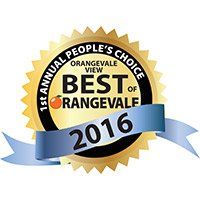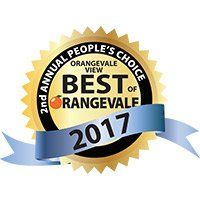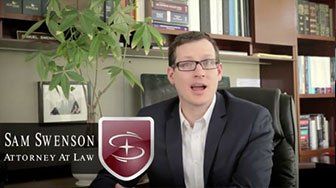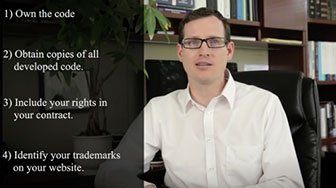PRACTICE AREAS
RATINGS
CONNECT WITH US
VIDEOS
The 4 Categories of Trademarks
 Most people assume that all trademarks
are equal and protected in the same way. However, trademarks are rated on a scale of one to four, with four being the highest rating. The higher the trademark rating, the more commercial allure it has or the more distinctive it is which means it is entitled to more protection than the lower ranked trademarks.
Most people assume that all trademarks
are equal and protected in the same way. However, trademarks are rated on a scale of one to four, with four being the highest rating. The higher the trademark rating, the more commercial allure it has or the more distinctive it is which means it is entitled to more protection than the lower ranked trademarks.
A trademark that is considered to be “distinctive” is one that identifies a single source for particular goods or services. Trademark law does not protect terms that are merely descriptive of a good or service in order to ensure that all competitors have the ability to appropriately describe their goods or services.
Below are the four ratings for trademark protection , with one being the least protected and four having the most protection:
- Generic . A generic term is a common description that does not receive trademark protection. Generic terms may be used freely. Providing a generic term with trademark protection could potentially allow its holder to unfairly monopolize common language.
- Descriptive . A term that describes the nature of the goods or services will be afforded trademark protection only if the owner proves an additional meaning resulting from the public’s connection of the mark with the owner’s goods or services.
- Suggestive . A term that makes an implication about the good or service without describing anything in particular can be afforded trademark protection even without a secondary meaning. This type of trademark requires the consumer to use his or her imagination to figure out the exact nature of the product or services. A few examples of suggestive trademarks are Greyhound (buses), Jaguar (vehicles), and Playboy (magazine).
- Arbitrary or Fanciful . The most trademark protection is afforded to fanciful or arbitrary marks. A fanciful trademark is one that the owner has made-up or created for the sole purpose of marketing their product or service under a trademark. Common examples include Nike, XEROX, and Kodak. An arbitrary trademark is one with a common meaning, but the meaning is unrelated to the goods or services offered for sale under the mark. For example, Apple computers has used the common term for a fruit and associated it with computer technology.
If you need assistance with registering a trademark or help handling opposition to your trademark application, contact the legal team at The Swenson Law Firm to schedule an initial consultation.












